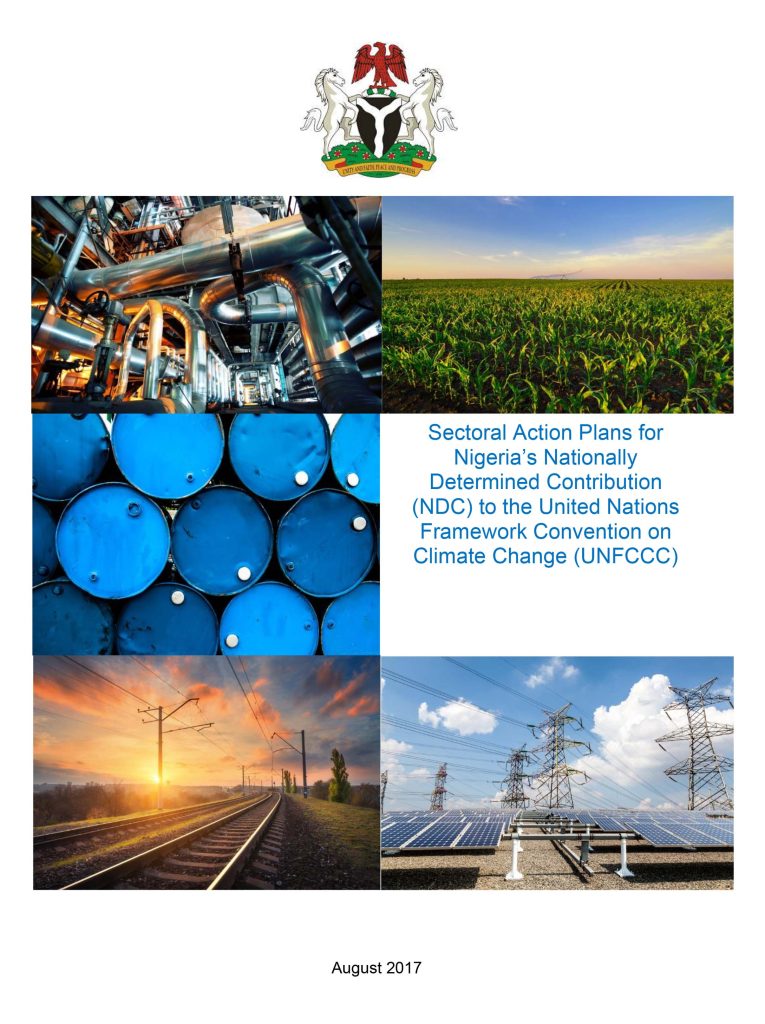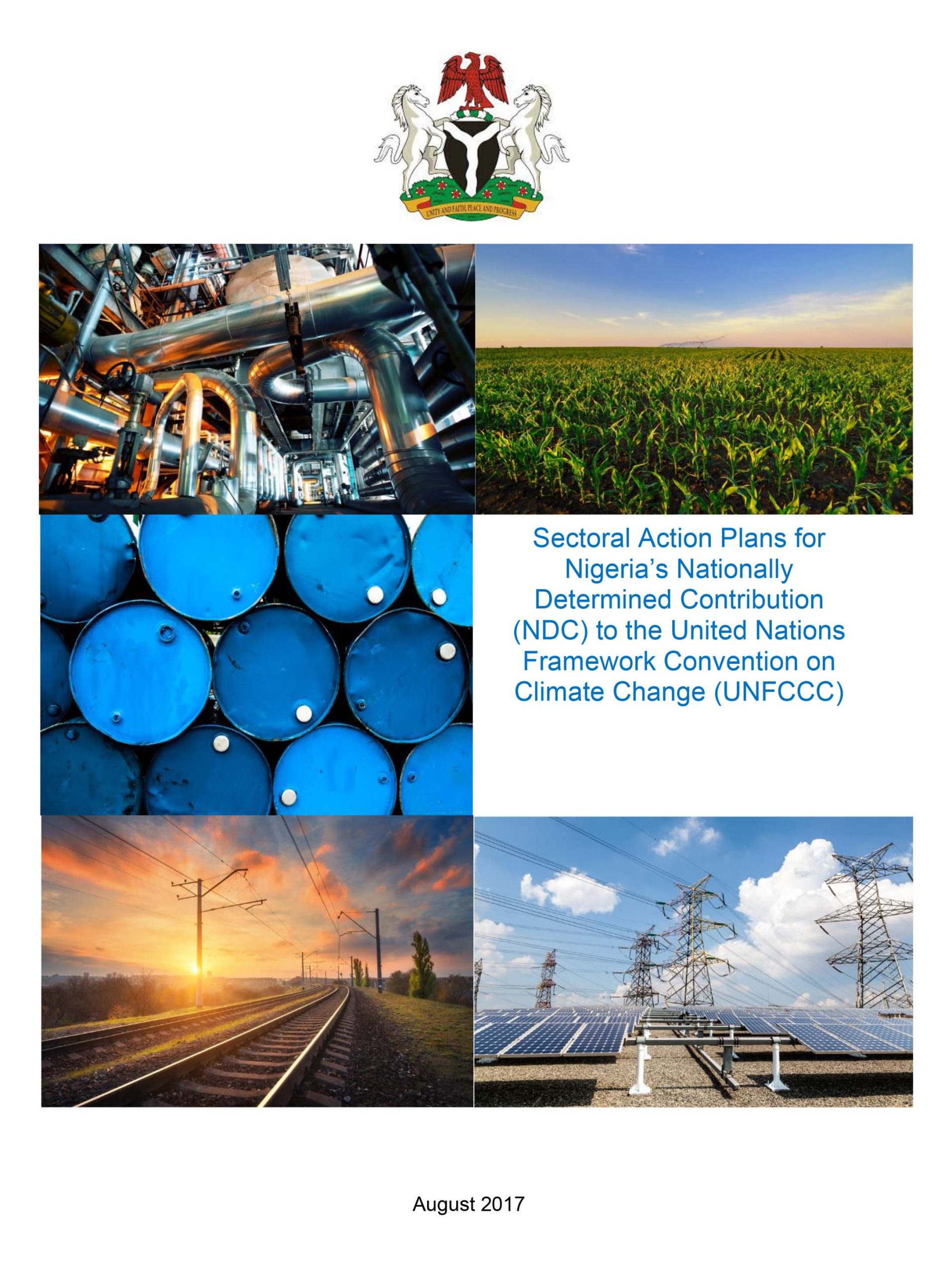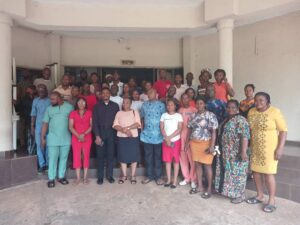Introduction to Nationally Determined Contribution Framework
In 2015, Nigeria prepared its Intended Nationally Determined Contribution (INDC). Following approval by H.E. President Buhari and submission to the United Nations Framework Convention on Climate Change (UNFCCC), Nigeria presented its INDC at the Conference of Parties (COP) 21 in Paris in December 2015. In March 2017, H.E. President Buhari ratified the Paris Agreement, paving the way for a new era of action on climate change.
The challenge now for all INDCs is to become Nationally Determined Contributions – specific climate change action plans as opposed to ‘intentions’ – and to put in place frameworks for NDC implementation. Since submitting the INDC, the government has been very forthcoming in turning ambition into implementable policies. The Federal Ministry of Environment has already developed an NDC implementation roadmap, setting out the requirements for implementation, in addition to roles, responsibilities, and timeframes.
The roadmap broadly reflects the ongoing efforts at the international level to streamline NDC implementation and establish the systems and processes that are needed in the country to support its development and delivery. Activities are aligned to five ‘pillars’ of the Nationally Determined Contribution implementation framework of mitigation, adaptation, climate finance, MRV, and governance. The Ministry is also discussing the submission of the NDC and concurrent ratification.
The NDC Implementation plans contained in this document for the five sectors of power, transport, industry, agriculture, and oil and gas make large strides in delivering government priorities in a way that is socially and environmentally sustainable. The five NDC sector plans, covering more than 80% of the Nigerian economy and associated emissions, provide further detail on how Nigeria intends to deliver on the contributions detailed in its NDC.








